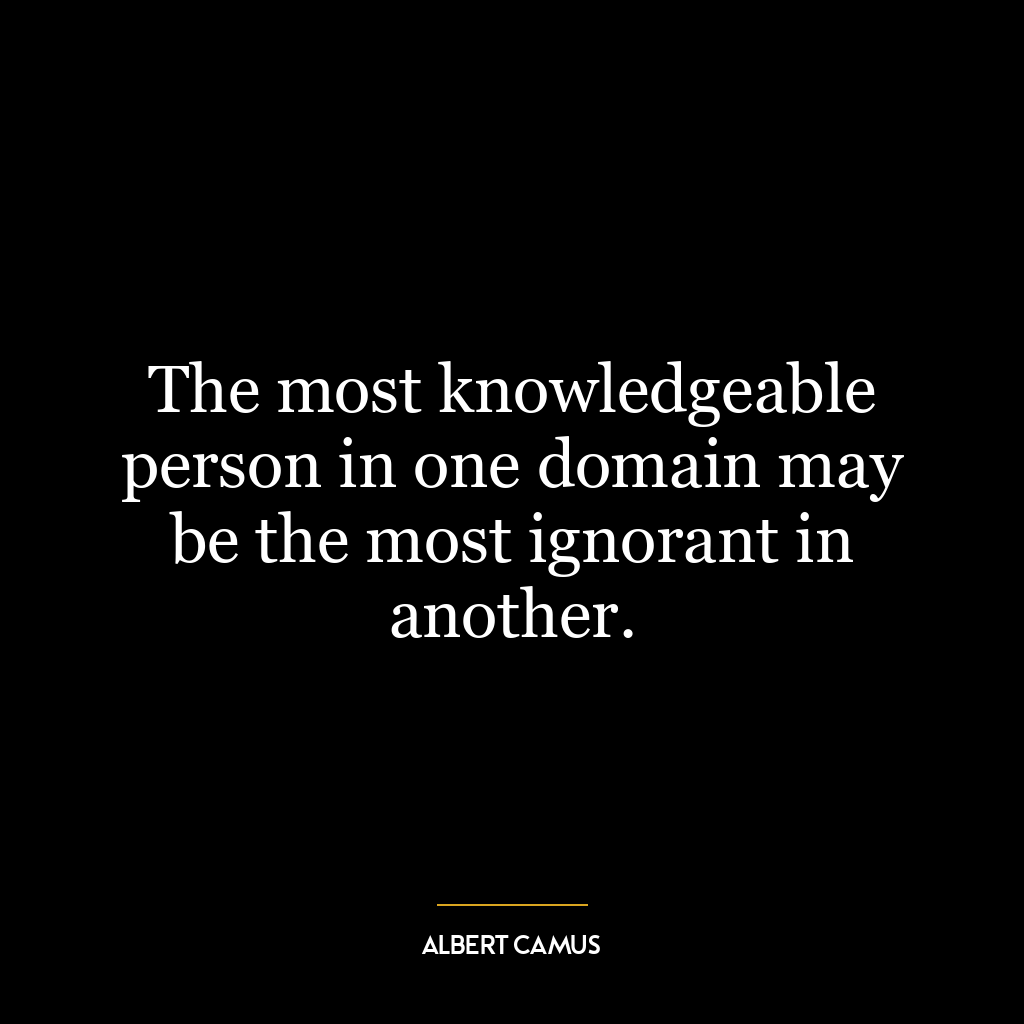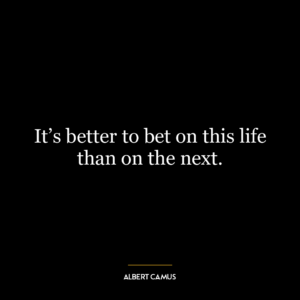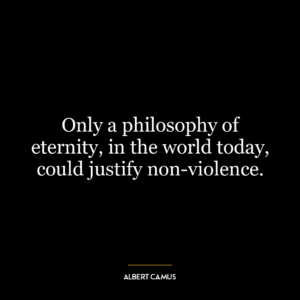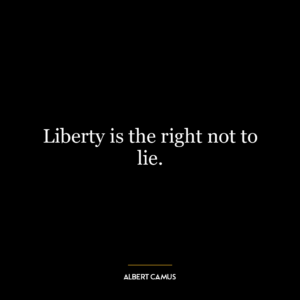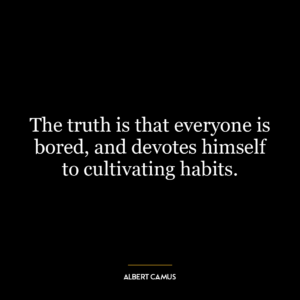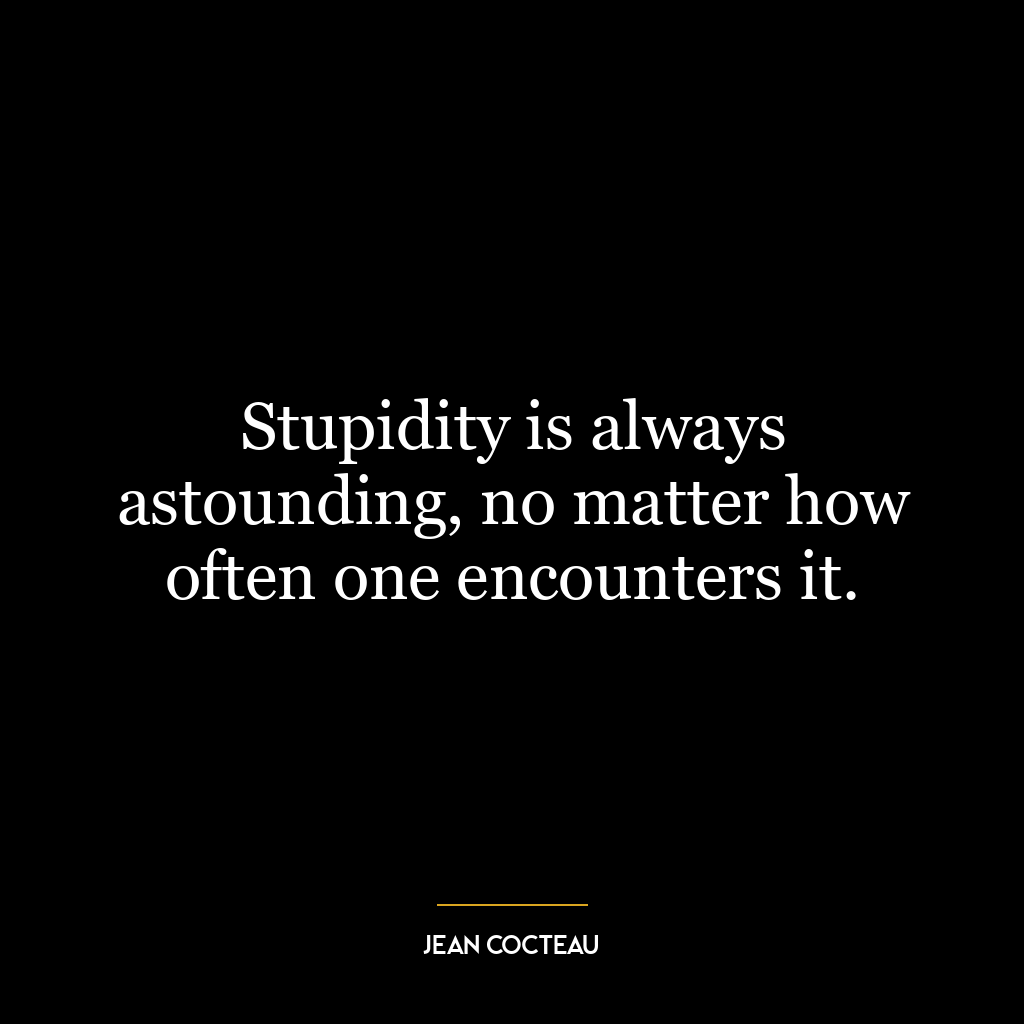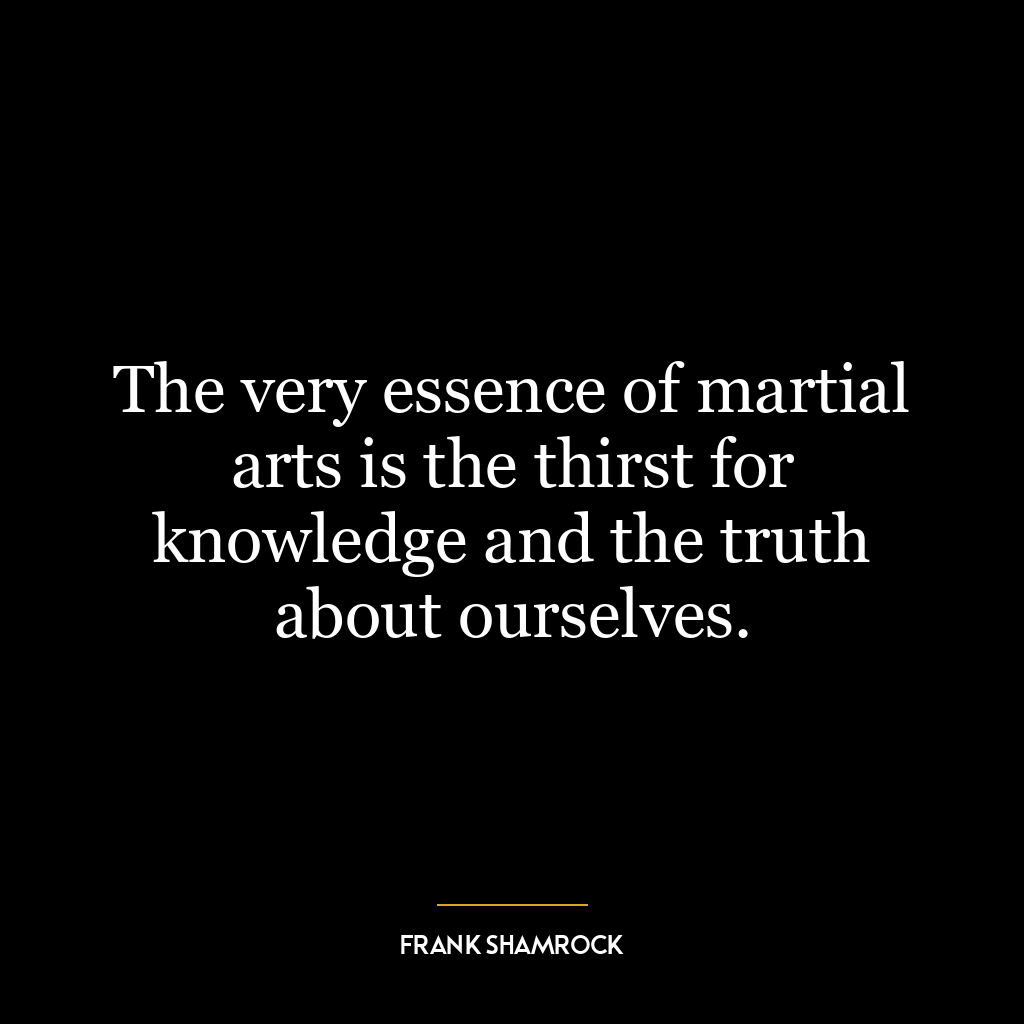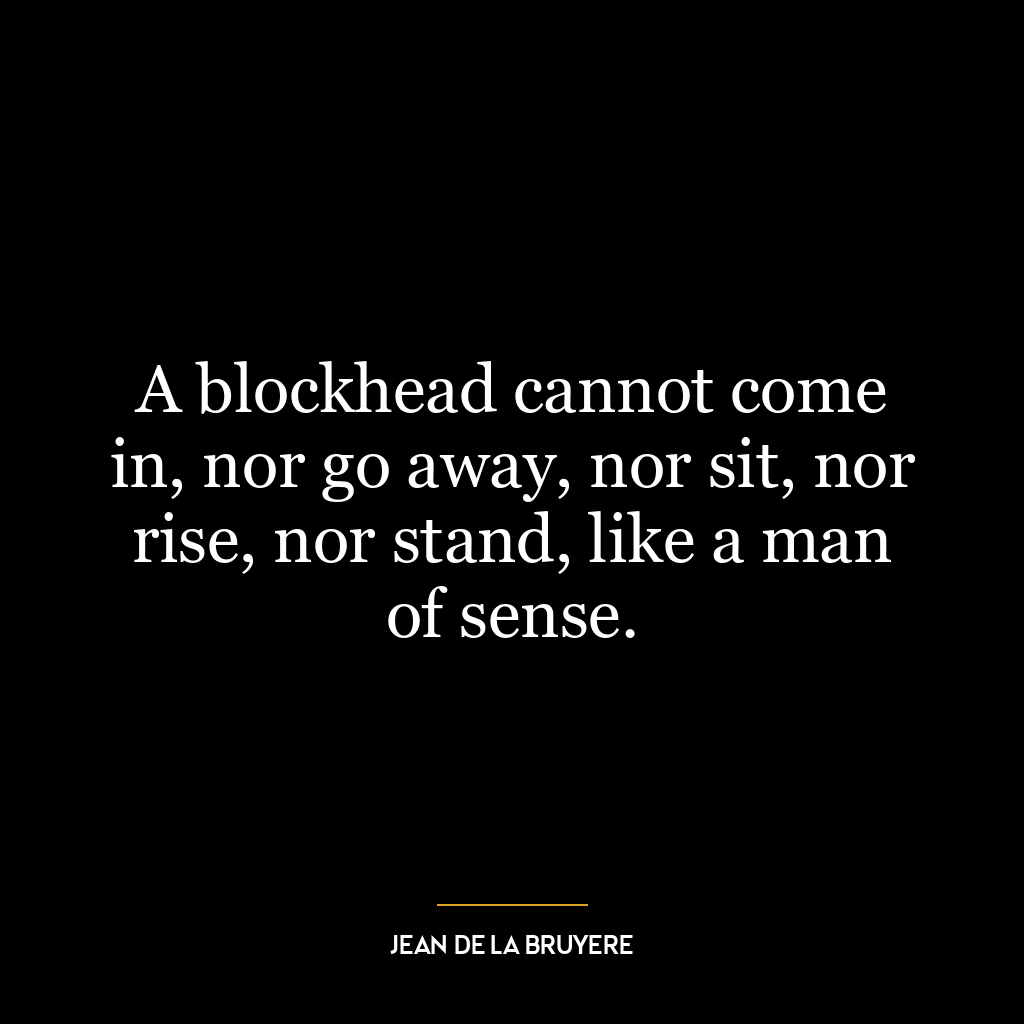The most knowledgeable person in one domain may be the most ignorant in another.
This quote emphasizes the concept of specialized knowledge versus general knowledge. The idea is that a person can be an expert, or the most knowledgeable, in one particular field or domain, but that doesn’t mean they are equally knowledgeable in all areas. In fact, they may be completely ignorant, or lacking knowledge, in another domain. This is a humbling reminder of the limitations of human knowledge and expertise.
In the context of today’s world, this quote is particularly relevant. In our modern society, knowledge has become so vast and complex that it’s virtually impossible for one person to know everything. As a result, we have experts specializing in narrow fields, from climate science to artificial intelligence. These experts are incredibly knowledgeable in their specific domains, but they may know very little about other fields.
This quote can also be applied to personal development. It encourages us to recognize and respect the limits of our own knowledge. It reminds us that it’s okay not to know everything and that we should be open to learning from others. At the same time, it also suggests that we should strive to expand our knowledge beyond our comfort zones, to become more well-rounded individuals.
Moreover, it underlines the importance of diversity in teams and decision-making processes. By acknowledging that one person cannot be an expert in everything, it highlights the value of including people with different areas of expertise and perspectives.
Finally, it also cautions us against the danger of assuming that expertise in one domain automatically translates into expertise in another. This is a common cognitive bias known as the ‘halo effect’, where the perception of positive qualities in one area influences the perception in other areas. For instance, a brilliant physicist may not necessarily have insightful opinions about economic policy.
Therefore, this quote encourages humility, lifelong learning, and respect for diverse expertise. It is a call to acknowledge the limits of our knowledge and to appreciate the vastness of human understanding.

